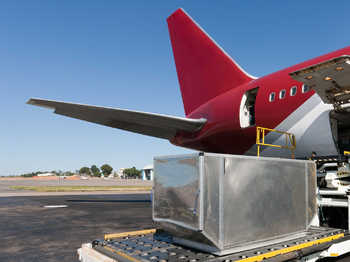Air travel has both direct and indirect effects on the environment. The direct effects include the emission of greenhouse gases (such as carbon dioxide, nitrous oxide, and water vapor) and other pollutants during the combustion of jet fuel. These emissions contribute to climate change, air pollution, and the depletion of the ozone layer.
Indirect effects of air travel include the energy-intensive infrastructure required to support airports, such as construction and maintenance of runways, terminals, and ground transportation systems. Additionally, the production and disposal of aircraft and the extraction and refining of jet fuel also have environmental impacts.
In terms of sustainability, air travel is generally considered to have a high carbon footprint. It is estimated that aviation is responsible for around 2-3% of global carbon dioxide emissions. However, this percentage is expected to increase as air travel demand continues to grow.
Efforts are being made to reduce the environmental impact of air travel. Airlines are investing in more fuel-efficient aircraft, using sustainable aviation fuels, and implementing operational measures to optimize flight routes and reduce emissions. Some airlines also offer carbon offset programs, which allow passengers to voluntarily offset the carbon emissions from their flights by investing in projects that reduce greenhouse gas emissions elsewhere.
While these measures help mitigate the impact, air travel is still a significant contributor to climate change. Therefore, sustainable alternatives such as using trains or buses for shorter distances, and limiting unnecessary air travel, can be considered to reduce individual carbon footprints.


